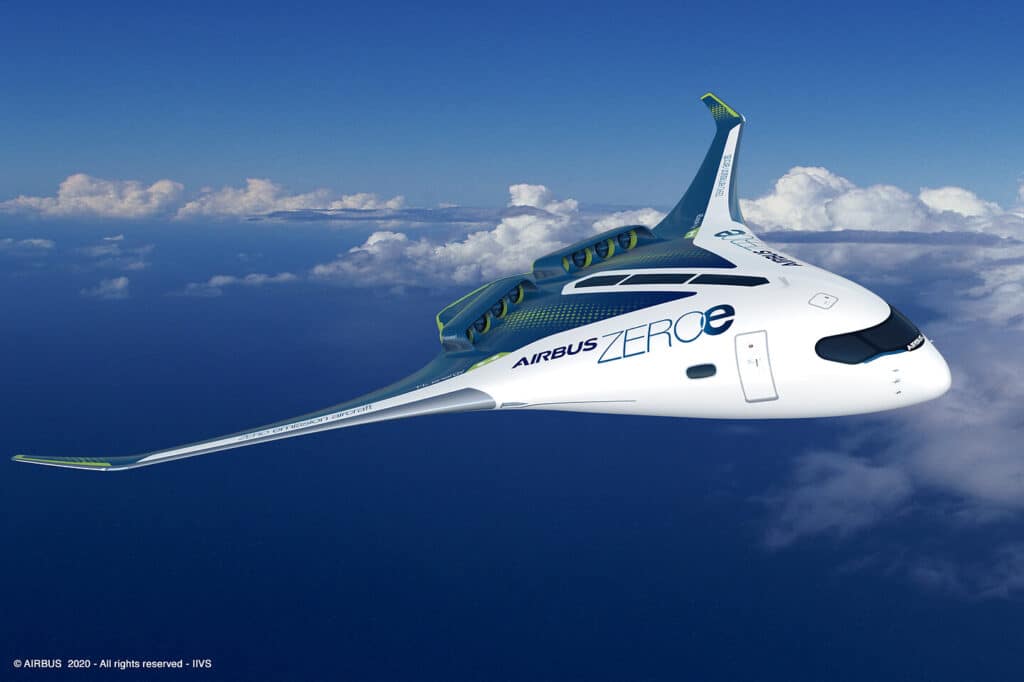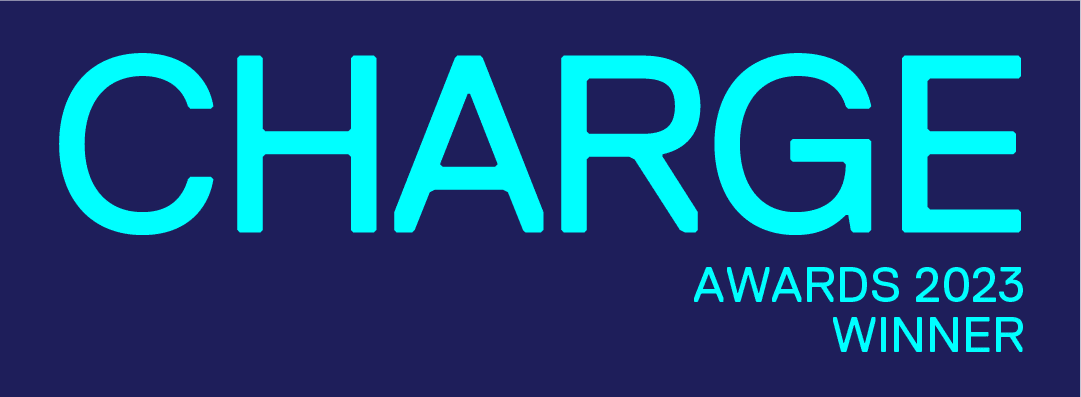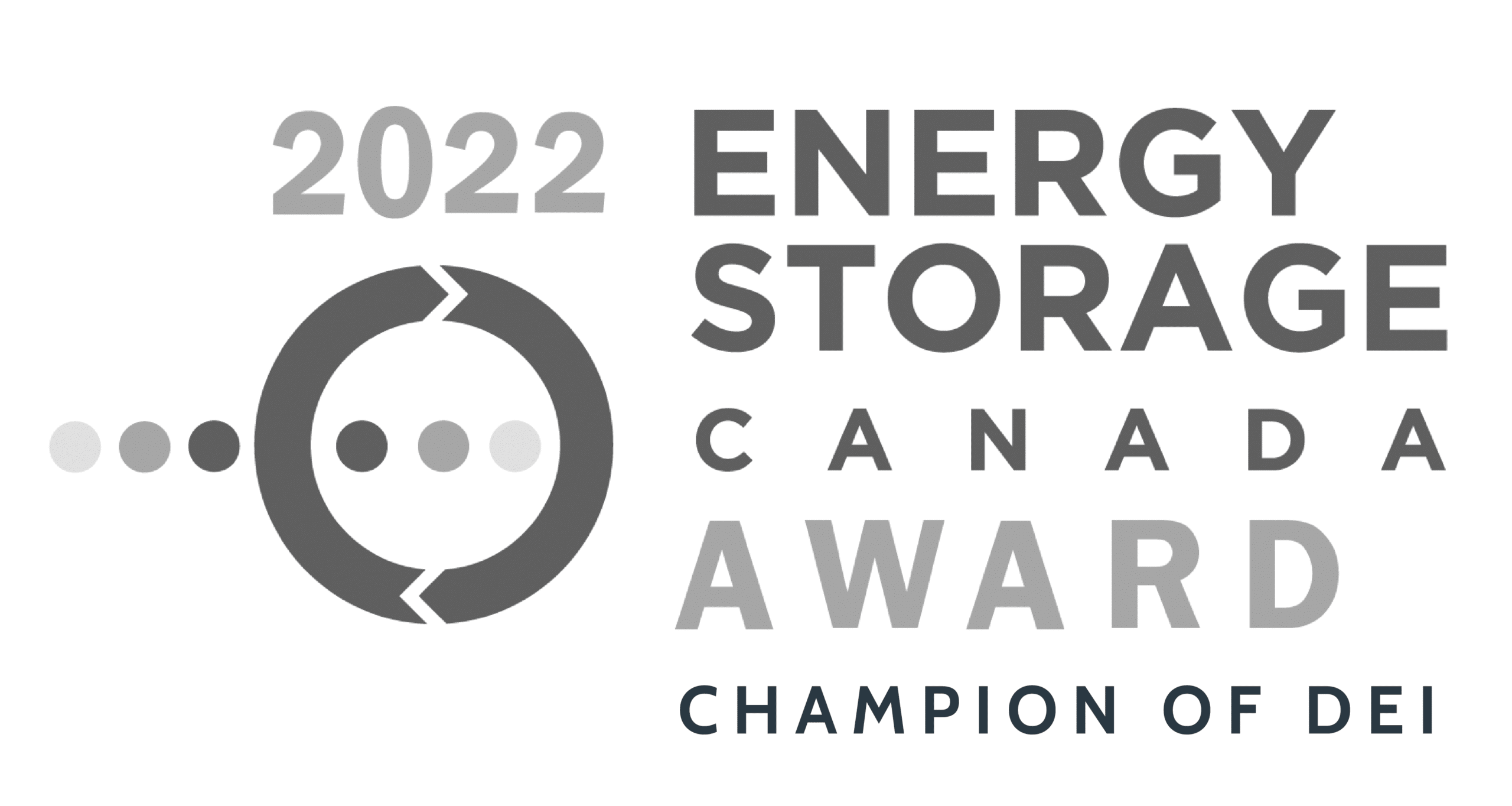The theme for Earth Day 2022 – Invest in our Planet – really resonates with us at Peak Power. Every day, we’re making it profitable for our customers to get to net zero.
The Earth Day website perfectly lays out why businesses, governments, and investors are so important to transitioning to a green economy:
“We already know that private sector innovation (with public support) accelerates the kind of rapid change we need, like nothing else. And it pays. Studies show a direct correlation between sustainable business practices, share prices, and business performance. Companies who develop strong Environment Social Governance (ESG) standards have better profitability, stronger financials, happier employees, and more resilient stock performance.”
We couldn’t agree more. We know that combining economic and environmental interests is the only way to drive decarbonization at the pace needed to stave off the worst effects of climate change.
In celebration of Earth Day 2022, we wanted to share our top environmental and climate good news stories since the last Earth Day.
Canada’s 2022 Budget: Driving the Transition to a Net Zero Economy
We’re not going to sugar coat it – it took decades for governments to begin prioritizing climate and developing policy to build a net zero economy. But, in our view, the Canadian federal government’s 2022 budget is the first truly substantive budget that moves from recognizing the threat of climate change, to mobilizing Canada’s private and public sectors to take coordinated action.
Chapter three of the 2022 federal budget starts out stating, “Smart climate investments today are good for Canadian workers, good for the Canadian economy, and good for the planet. With the largest mobilization of global capital since the Industrial Revolution already underway, Canada has the chance to become a leader in the clean energy of the future.”
And while no government budget is perfect, we wanted to highlight a few of the items that are genuinely exciting and give us a renewed sense of optimism.
- The government is driving the transition to zero emissions vehicles (ZEV). For the first time, there are legally binding sales mandates coming that will ensure 20% of new light-duty vehicles sold in Canada by 2026 are zero emission. That will grow to 60% by 2030, and 100% by 2035.
- The government is also investing to spur the infrastructure needed to support that scale of ZEV change and adoption. The budget sets aside $500 million for large scale urban and commercial ZEV charging and an additional $400 million to fund charging infrastructure in suburban and remote communities.
- Budget 2022 announced a potential investment tax credit of up to 30% for investments focused on net zero technologies, battery storage solutions, and clean hydrogen.
- $194 million over 5 years to expand the Industrial Energy Management System program to support ISO 50001 certification, energy managers, cohort-based training, audits, and energy efficiency-focused retrofits.
- $600 million over 5 years for the Smart Renewables and Electrification Pathways Program to support additional renewable electricity and grid modernization projects.
- The establishing of the Canada Growth Fund to build Canada’s net zero economy. This is a new “$15 billion government investment fund that will accelerate the investment of private capital into decarbonization and clean technology projects.”
“Peak Power applauds the steps the government is taking to offset the capital costs of energy efficiency and other investments to improve the flexibility of the grid. To accelerate the transition to net zero, we would like to see the Federal Government invest in decentralized technologies, such as residential solar and storage, and vehicle to grid technology. These technologies can help accelerate the transition to a clean economy in a way that makes the grid more resilient compared to large scale projects. Decentralized energy also benefits everyday consumers rather than just a small number of large corporations and utilities as is the case with large-scale energy investments.” —Matthew Sachs, Chief Operating Officer at Peak Power
Transportation Evolution: From Roads to Seas to Skies
It wasn’t too long ago that the idea of only having electric vehicles on the road seemed far-fetched. Now, many industrialized nations have defined paths to electrify the consumer vehicle market.
It’s even moving beyond passenger cars, with public transit looking to go green. In fact, the Antelope Valley Transit Authority in California recently became the first to go all-electric in North America.
This drive towards the electrification of transportation—a sector that makes up nearly 1/3 of all global emissions—is moving into the air and sea. The air transportation and shipping industries are actively pursuing innovative solutions to get to net zero.
Here are just a few of the highlights:
- Rolls Royce developed an all-electric aircraft that broke two world speed records in 2021
- The Yara Birkeland, the world’s first all-electric, autonomous container ship, took its maiden voyage in 2021
- Airbus has publicly pledged to develop the world’s first zero emission commercial aircraft by 2035 and has already developed three concept aircrafts.
- More and more companies are committing to net zero. CN rail joined that list in 2021 and announced a commitment to net zero by 2050.

“At the 77th IATA Annual General Meeting in Boston, USA, on 4 October 2021, a resolution was passed by IATA member airlines committing them to achieving net-zero carbon emissions from their operations by 2050.” —International Air Transportation Alliance
The transportation industry is up for the challenge. It is uplifting (get it?) to see this sector step up to be part of the solution.
A Boom in Cleantech Investment
Cleantech investing saw a massive boom in 2021. Investors know it can be profitable to get to net zero.
We talked about the Canadian federal budget, but didn’t even mention the incredible success of Canada’s inaugural green bond which will help finance the needed investments in green infrastructure. The $5 billion bond saw unprecedented demand with over $11 billion in orders.
And then there’s the record-setting level of investment in cleantech that took place in 2021. According to Emerging Tech Brew, “The first half of [2021] saw over $60 billion flow to climate-tech startups, per PwC, more than double the $28.4 billion invested in all of 2020. It’s now estimated that 14% of VC dollars go to climate tech.”
And that pace of investment is forecast to accelerate.
This is all part of a broader shift to sustainable investing and ESG (environmental, social, and governance) reporting. In fact, the United States Securities and Exchange Commission has recently proposed mandating climate risk disclosures by publicly traded companies alongside reporting on a company’s Scope 1 and 2 emissions.
Investors know that environment and economics go hand-in-hand.
For Earth Day 2022 We Choose to be Optimistic
To quote the late Jack Layton, “optimism is better than despair.” We think this is a perfect sentiment for Earth Day 2022.
Although the climate challenges ahead of us are massive, we choose to be hopeful. We’re inspired by these good news stories and all the major companies we work with that are taking real action to get to net zero.
If your company has recently set net zero targets and you are looking at proven strategies to help you get there, Peak Power can help. Set up a call with our team today.





